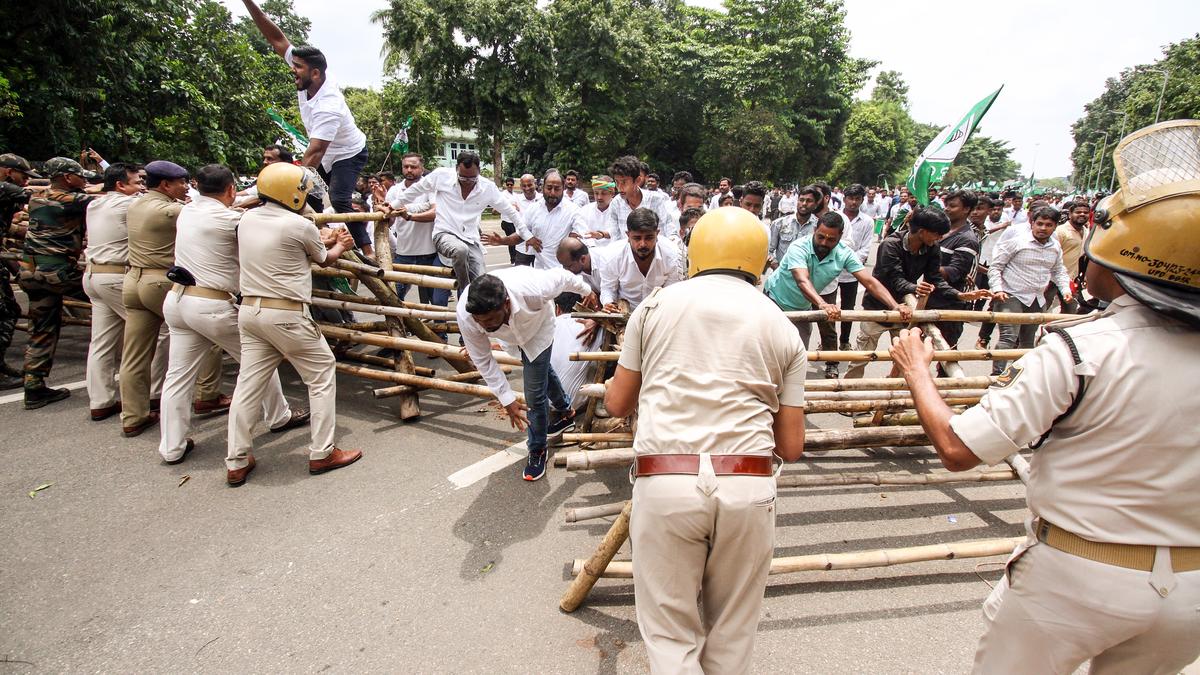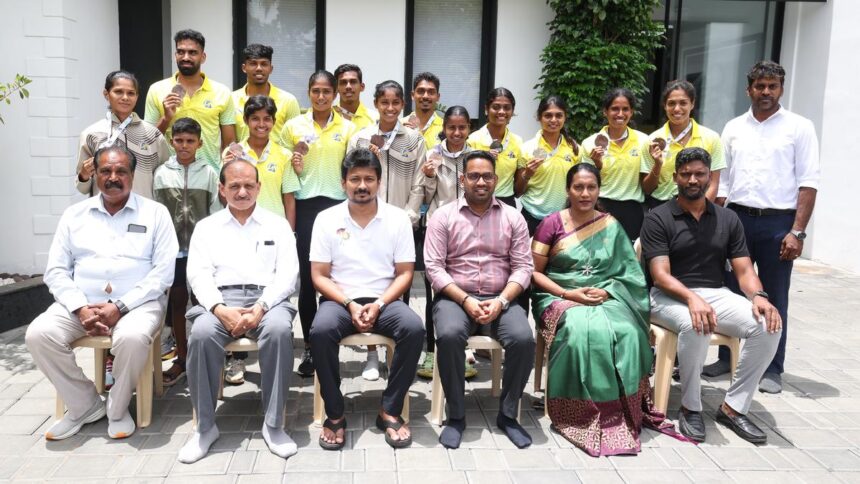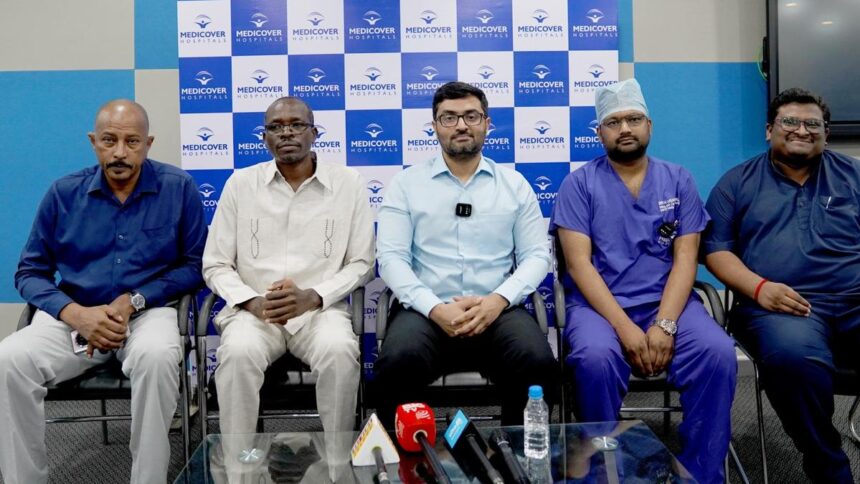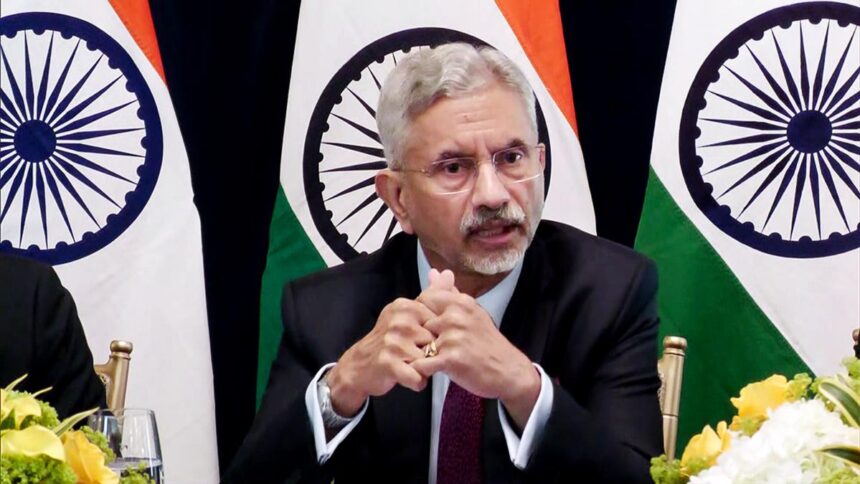
Police try to stop Biju Janata Dal workers protesting over Balasore student’s death by self-immolation, in Bhubaneswar.
| Photo Credit: ANI
The story so far: A young student’s self-immolation at a college in Balasore, Odisha has put the spotlight on the Internal Complaints Committee (ICC) which failed to validate her complaints of sexual harassment against her head of the department. The victim’s family has claimed the members of the ICC were not trained adequately and that the environment in the college and within the ICC was biased in favour of the accused.

What is the law behind the ICC?
The Supreme Court first called for complaint committees to be set up in its 1997 judgment in response to a petition filed after Bhanwari Devi, a social worker in Rajasthan, was gang-raped when she tried to stop a child marriage. The Court provided basic definitions of sexual harassment in the workplace, and guidelines to combat it. Known as the Vishaka Guidelines, they called for an appropriate mechanism to be created by employers to ensure time bound treatment of complaints of sexual harassment. It said that the Complaints Committee should be headed by a woman, and include women as at least half its members, as well as a third party to prevent undue pressure from senior levels within the organisation.
It was not until the Nirbhaya killing in Delhi in December 2012 that the provisions were actually written into law. One of the several legislations that were enacted was The Sexual Harassment of Women at Workplace (Prevention, Prohibition and Redressal) Act, 2013, often called the POSH Act, which superceded the Vishaka Guidelines. It mandated the constitution of ICCs at all workplaces which employed more than 10 people. Women working in smaller enterprises in the informal sector could complain to Local Committees to be set up by district authorities.

What are the powers of an ICC?
Each ICC is to be headed by a Presiding Officer, who is to be a woman employed at a senior level at the workplace. At least two members should be employees preferably committed to the cause of women or who have had experience in social work or have legal knowledge, and another member should be from an NGO devoted to women’s rights or a person familiar with sexual harassment issues. At least half of the members should be women. Any aggrieved woman can complain in writing to the ICC or local committee within three months of the date of the harassment incident or series of incidents. The committee can help to settle the matter at the request of the woman or begin an inquiry into the complaint.
The ICC has the same powers as are vested in a civil court under the Code of Civil Procedure. The inquiry is to be completed within 90 days. If the complaint is proved, the ICC must recommend the action to be taken against the accused. The employer is also required to aid the victim if she wishes to file a criminal complaint.
The law mandates confidentiality regarding the contents of the complaint, the identity and addresses of the aggrieved woman, the respondent and witnesses, any information relating to conciliation and inquiry proceedings, and the recommendations of the ICC.
What is the status of their implementation?
In the decade since the law was passed, though ICCs have been set up in some institutions, their coverage is far from universal. In December 2024, the Supreme Court took stock of the “sorry state of affairs”, pointing out that it was “disquieting” to note “serious lapses” in the enforcement of the POSH Act. It directed immediate compliance within the government, and a survey of public and private organisations as well. “This law was designed to be monitored, but who is doing it? District officers are supposed to collect annual reports on compliance and sexual harassment cases from the Local Committees and ICCs, but what is done with that material?” asks Madhu Mehra, a lawyer advocating for women’s rights, and the founder of Partners for Law in Development. Ms. Mehra points out that while the Women and Child Development Ministry is the line Ministry for the POSH Act, it is the Labour Ministry and Industries Ministry that deal with workplaces and employers. “Accountability is falling between the cracks. Where is the evidence-based analysis on how this law is functioning? It’s a black hole.”
She says the Balasore case shows that even where ICCs are in place, they are merely a “dead letter” if there is insufficient training for members, if the power imbalance in a workplace is not addressed, and if there is no confidentiality being maintained.
Published – July 27, 2025 02:30 am IST























